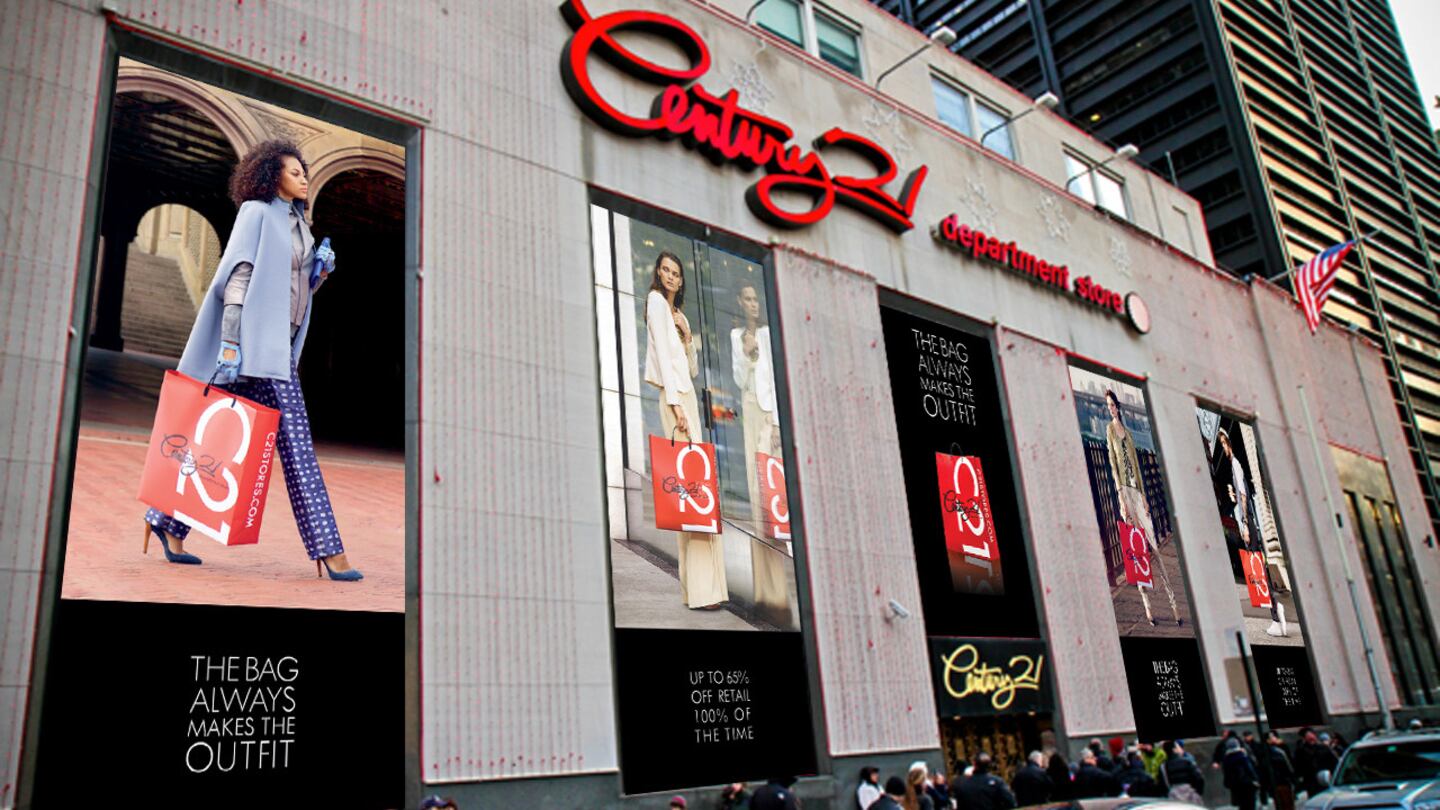
The Business of Fashion
Agenda-setting intelligence, analysis and advice for the global fashion community.

Agenda-setting intelligence, analysis and advice for the global fashion community.

The beloved discount department store will return to its iconic location in the Financial District in spring 2023, the company announced Tuesday, Mar. 17.
Owned and operated by the Gindi family in New York City, Century 21 opened its doors 60 years ago. At its height, the retailer had 13 stores across the Northeast. In the aftermath of the pandemic, the chain declared bankruptcy and was subsequently forced to liquidate. In the bankruptcy proceedings, however, the Gindi family bought back the intellectual property behind the company.
The Gindis tapped retail and events operator Legends to help with their reopening. Legends will oversee logistics, store operations, point-of-sale and IT systems in the Cortlandt Street store.
“In our 60 year history we have only closed our doors twice, once after the devastation of 9/11 and then again during the COVID-19 pandemic,” said co-chief executive Raymond Gindi in a statement. “But like the true New Yorkers we are, we have persevered. We could not be more excited to bring Century 21 back home, delivering the same products and value to customers.”
ADVERTISEMENT
Learn more:
From stalwarts like T.J. Maxx and Nordstrom Rack to venture-backed newcomers and online luxury resellers, a multitude of discount retailers are all vying for a piece of the growing off-price market, which will thrive amid the lingering global recession.
As the German sportswear giant taps surging demand for its Samba and Gazelle sneakers, it’s also taking steps to spread its bets ahead of peak interest.
A profitable, multi-trillion dollar fashion industry populated with brands that generate minimal economic and environmental waste is within our reach, argues Lawrence Lenihan.
RFID technology has made self-checkout far more efficient than traditional scanning kiosks at retailers like Zara and Uniqlo, but the industry at large hesitates to fully embrace the innovation over concerns of theft and customer engagement.
The company has continued to struggle with growing “at scale” and issued a warning in February that revenue may not start increasing again until the fourth quarter.